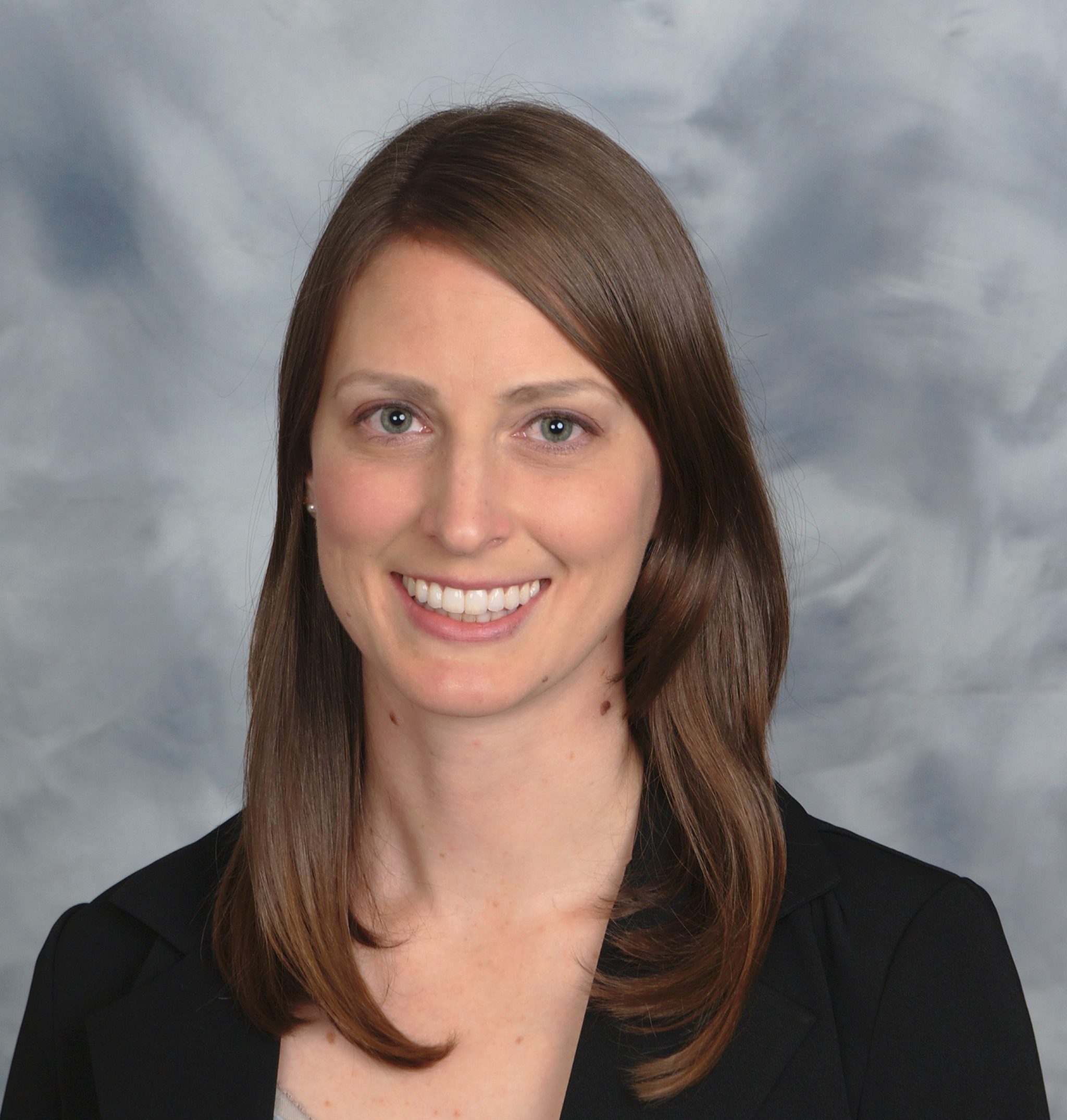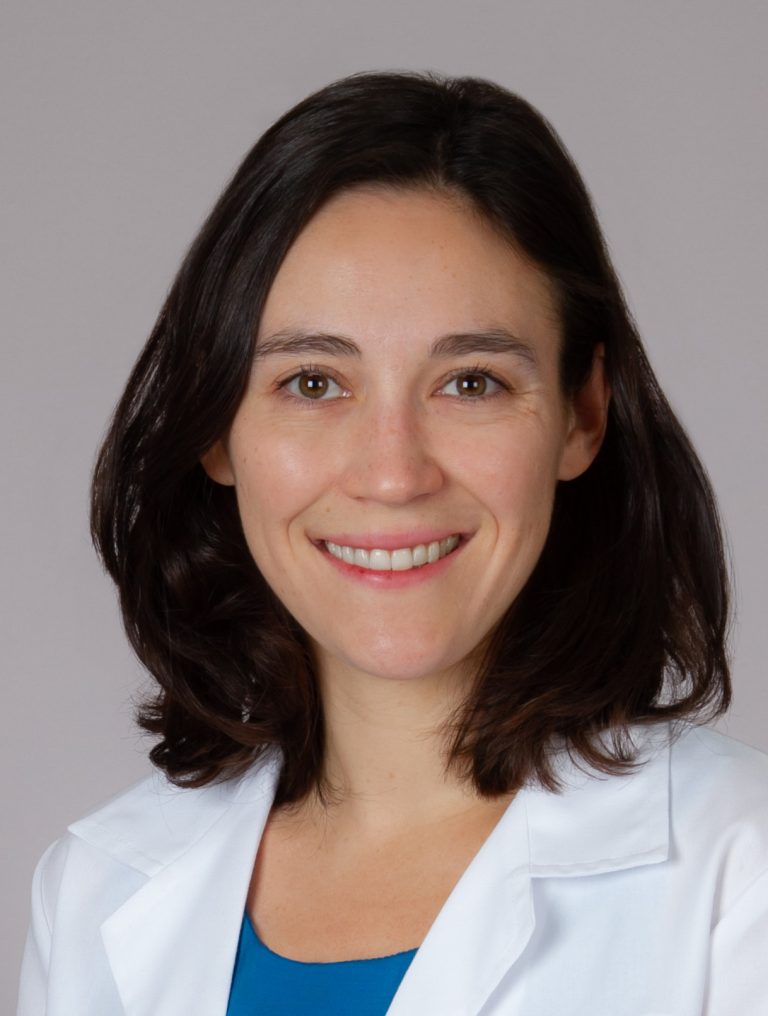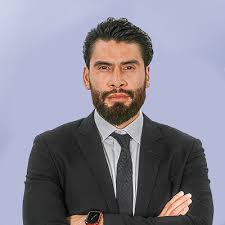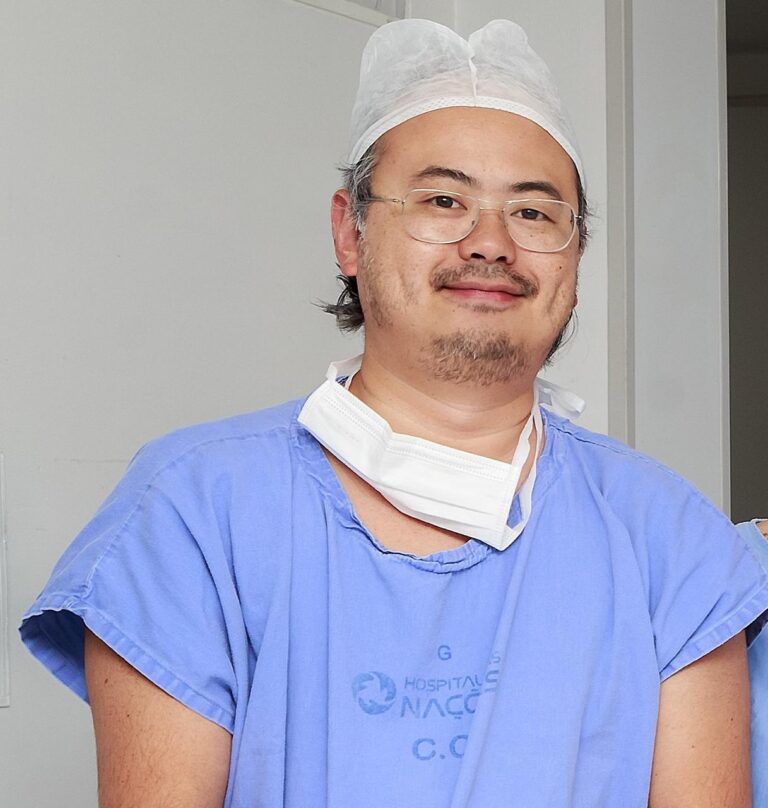
Jennifer Keesee, PT, DPT
Visit types: Office/Hospital
Spoken languages: English
Interpreting services for other languages: No
Philosophy of care and typical treatment strategies:I embrace a holistic approach when working with patients with endometriosis, acknowledging that each patient’s needs and goals are unique to the individual. Some specific techniques I regularly use include myofascial release, trigger point release, neuromuscular re-education, therapeutic exercise, yoga, guided meditation, breathing techniques.

Melinda Fontaine, PT, DPT
Visit types: Office/Hospital;Virtual
Spoken languages: English
Interpreting services for other languages: No
Philosophy of care and typical treatment strategies: I approach each person’s care by looking at the whole person and what treatments or referrals may be helpful. I perform hands on myofascial release, some abdominal visceral mobilization, stretching, strengthening, coordination training, and breathing practice.

Jandra Mueller, PT, DPT, MS
Visit types: Office/Hospital/Virtual
Spoken languages: English
Interpreting services for other languages: No
Philosophy of care and typical treatment strategies: I utilize a holistic approach when working with any patient dealing with complex pelvic pain. I believe that their story gives significant information into the components of care that need addressing (myofascial, psychosocial aspects, pain education, interdisciplinary management, and/or diet/lifestyle factors) and tailor their care based on their needs. I utilize many different aspects – hands on manual work, breathing techniques, exercises, and educational tools. I also have my Master’s degree in integrative health and nutrition, which allows me to provide more specific evidence based treatments in this area to this population.

Dr. Anna Reinert
Dr Anna Reinert, M.D.
Dr Anna Reinert – Endometriosis Specialist, Gynecologist, Minimally Invasive Gynecologic Surgeon
Summary: Anna Reinert is a Los Angeles-based gynecologist and endometriosis specialist with advanced expertise in minimally invasive surgery. Patients seeking compassionate, individualized care often turn to Dr Anna Reinert for her thoughtful, science-driven approach to managing complex pelvic pain. Known for integrating surgery with long-term symptom support, Dr. Anna Reinert emphasizes hormonal suppression, lifestyle strategies, and collaboration with physical therapists and pain specialists to promote lasting relief.
Dr Reinert is deeply committed to understanding each patient’s unique presentation of endometriosis, tailoring treatment to include thorough preoperative evaluations, targeted surgical care, and ongoing pain management. She frequently uses non-opioid medications and custom therapies to support healing and improve quality of life. Patients consistently praise Dr. Anna Reinert for her warm, thorough care and for being a trusted partner through every stage of their endometriosis journey. Learn more by reading Dr. Anna Reinert reviews and discovering how she helps patients find real, sustainable relief.
City: Los Angeles, CA, USA
Philosophy: Endometriosis is such a varied disease. I think that the relative contributions of different pathogenic mechanisms vary between patients. For most patients, I find that the greatest burden of disease is present at initial surgery, with much less recurrence over time, which suggests an in situ disease theory. I have seen more aggressive forms of the disease where recurrence happens quickly and in areas where peritoneal resection was recently performed, suggestive of a retrograde menstruation mechanism. In patients seeking surgery who are done with childbearing, I recommend hysterectomy – but if a patient does not desire hysterectomy, I recommend bilateral salpingectomy to try to minimize the risk of retrograde menstruation. I also recommend hormonal menstrual suppression as part of symptom control in women desiring future fertility.
I am hopeful that over time, the inflammatory cytokine cascades involved in endometriosis pathogenesis will be elucidated, and that we will be able to treat women with a small molecule inhibitor medication, similar to what is being used to prevent ovarian cancer recurrence, as part of post-surgical medical management of endometriosis.
Medication: I frequently recommend the use of hormonal contraceptive medications to suppress menstruation in women not seeking immediate fertility (combined OCPs, Depo-Provera, Kyleena IUD placement), both pre-operatively and post-operatively. I do not routinely recommend GnRH agonists or antagonists but may consider these for refractory pain after surgery in specific patients, or for temporary symptom management if surgery needs to be delayed and symptoms have persisted despite the use of hormonal contraception and other non-hormonal pain medications. I also take a multimodal approach to pain management, including the use of oral and vaginal muscle relaxants, lidocaine patches, NSAIDs, and Tylenol.
Approach to Persistent Pain After Surgery: Prior to surgery, I perform a comprehensive pelvic pain evaluation to assess for overlapping conditions such as spastic pelvic floor syndrome, interstitial cystitis, irritable bowel syndrome, or vulvodynia, and I look for evidence of central sensitization. Patients identified as having pelvic floor spasms pre-operatively will be referred to pelvic PT as part of their management of chronic pelvic pain, so many patients are referred to work with pelvic PT post-operatively. I prescribe oral and vaginal muscle relaxants for the management of pelvic floor spasms and perform Botox trigger point injections into the pelvic floor muscles when applicable. I will treat interstitial cystitis or IBS with medications and elimination diets. I use topical compounded ointments for vulvodynia, including topical gabapentin and hormones.
In patients who have persistent symptoms after surgery that are not specifically related to muscle spasms, IC, or IBS, I will assess for central sensitization and consider the use of duloxetine or a tricyclic antidepressant. I may recommend the use of ketamine, either in the vaginal suppository that I prescribe or as an oral agent prescribed by one of the pain management specialists with whom I collaborate. In specific patients, I may consider the use of GnRH agonists or antagonists as part of post-op pain management.
In addition to physical therapists, I collaborate with occupational therapists who specialize in lifestyle redesign for chronic pain, pain management specialists who understand pelvic pain and offer a variety of interventional procedures, and pain psychologists – and will refer patients to this team of providers as part of managing persistent pain symptoms.

Nicole Cozean, PT, DPT
Visit types: Office/Hospital
Spoken languages: English
Interpreting services for other languages: Yes
Philosophy of care and typical treatment strategies:

Dr. Steven Vasilev
Dr. Steven Vasilev MD, MBA FACOG FACS FACN ABIHM ABOIM
Dr Steven Vasilev – Endometriosis Specialist, Oncology & Minimally Invasive Robotic Surgery| Medical Director, GO Institute.
Summary: Dr Steven Vasilev is a highly respected endometriosis specialist serving patients in Santa Monica, Beverly Hills, and San Luis Obispo. With over 30 years of experience, Dr Vasilev is known for his expertise in complex gynecologic surgery, including minimally invasive and robotic techniques. Steven Vasilev MD is the only physician in the U.S. triple board-certified in OB-GYN, oncology, and integrative medicine—bringing a comprehensive, personalized approach to each patient’s care.
Patients who choose Dr Steven Vasilev benefit from a philosophy that combines precision excision surgery with holistic healing strategies. From preoperative imaging to pelvic floor therapy and integrative recovery plans, Dr Vasilev offers thoughtful, multidisciplinary care tailored to long-term wellness. Steven Vasilev MD is not only a skilled surgeon but also a compassionate listener dedicated to improving outcomes for those living with endometriosis.
City: Santa Monica, Beverly Hills & San Luis Obispo, CA, USA.
Please watch the short informative video in the upper left corner of this profile.
Philosophy:
In addition to being a doctor and surgeon, I am a clinical researcher and translational scientist. We are studying the molecular behavior of endometriosis in our laboratories. Endometriosis theories suggest multiple causes, and each thesis
contributes to factors likely tied together at the molecular genetic level. Identification of endometriosis molecular and immunomodulatory pathway biomarkers will soon lead to better non-invasive diagnostics, accurate monitoring, and effective therapies beyond the baseline of expert excisional surgery and hormonal manipulation. I focus on this and the uncommon but clear overlap with malignancy in older endo patients or those with a family history.
Surgical excision is a critical cornerstone for endo diagnosis, initial treatment, and re-excision of recurrence or pain-producing fibrosis. My philosophy is to be fully informed and prepared, no matter the findings, through optimal preoperative imaging and testing. Fortunately, my unique training and board certifications permit surgery on all abdominal or pelvic organs, including small and large bowel, ureters, bladder, liver, and diaphragm. If disease is suspected beyond these organs, such as the chest, we have expert cardiothoracic and neurosurgeons ready to join a multidisciplinary surgery. Having used both laparoscopy and robotics in thousands of surgeries over three decades, including the hardest of the complicated surgeries, I firmly believe that the far superior 3-D camera optics and articulating or wristed “tiny hands” instruments used in robotics are better than traditional laparoscopy for all but the simplest of cases. When complicated anatomy or scarring from endo and fibrosis is unexpectedly found, which is not uncommon because endo is intensely inflammatory, the ability to see better and use finesse instruments makes all the difference, especially in highly experienced hands.
Medication:
During the perioperative period, we use holistic ERAS-modified care, combined with integrative modalities such as acupuncture and acupressure, to allow faster recovery with lower narcotic use. We individually construct and coordinate a multidisciplinary consulting team of experts to manage pain, intestinal manifestations such as SIBO and pelvic floor dysfunction. We work with referring gynecologists regarding hormonal support but discourage using GnRH-based therapies. My board certification in Integrative Medicine uniquely injects additional options involving holistic care. An example is proactive estrobolome management to lower systemic estrogen levels naturally.
Approach to Persistent Pain:
Both pre- and post-operatively, I strongly encourage pelvic floor therapy and pain specialist consultation and follow-up. The genesis of endo-induced pain can be due to endometriosis implants and peripheral visceral and parietal peritoneal nociception, fibrosis, direct nerve impingement, pelvic floor dysesthesia, or central sensitization. A very individual approach is vital to the best management plan. In primary and persistent pain situations, each of these “medicalese” terms is discussed in detail to craft the best possible personalized plan. Finally, as noted above, I am a board-certified integrative medicine practitioner and thus apply Eastern thought such as acupuncture, mind-body strategies, and personal nutritional counseling and interventions.
Dr. Steve’s Articles:

Dr. Ramiro Cabrera Carranco
Ramiro Cabrera Carranco, M.D.,
Doctor Cabrera – Endometriosis Specialist, Gynecologist, and Laparoscopic Surgeon.
Summary: Doctor Cabrera, is a compassionate endometriosis specialist and gynecologic surgeon based in Tijuana, Baja California. Patients seeking expert care in dr Cabrera Mexico turn to him for his advanced training in laparoscopic excision surgery and deep commitment to personalized treatment. Dr Cabrera OBGYN approaches endometriosis through the lens of the mesodermal origin theory—understanding it as a condition rooted in fetal development. This unique perspective informs the holistic, long-term care that defines Ramiro Cabrera endometriosis treatment, making him a trusted choice for those seeking real answers.
Doctor Cabrera combines surgical excellence with supportive therapies, including pelvic floor physiotherapy, an anti-inflammatory lifestyle, and supplements. Dr Cabrera OBGYN only recommends hormonal treatment when necessary, prioritizing conservative yet effective care. Patients experiencing persistent or complex pain are thoughtfully evaluated, often with referrals to neuropelviology. With a growing reputation across borders, Cabrera Mexico remains a leading destination for Ramiro Cabrera endometriosis expertise and whole-person healing.
City: Tijuana, Baja California, Mexico
Philosophy: Our approach to the treatment of endometriosis is based on the mesodermal origin theory, which suggests that individuals are born with endometriotic-like cells due to embryological misdifferentiation of the mesoderm. This theory posits that endometriosis is not solely a retrograde menstruation phenomenon but rather a condition that originates during fetal development, where misplaced Müllerian or mesothelial cells retain their potential to differentiate into endometrial-like tissue later in life.
What type of surgery do you perform for endometriosis: Excision
Medication: Hormonal treatment, primarily progestins, only when necessary; anti-inflammatory diet; pelvic floor physiotherapy; anti-
Approach to Persistent Pain: If the symptoms indicate neurological alterations, evaluation by neuropelviology or pain management treatment is recommended.

Dr. William Kondo
William Kondo M.D.
William Kondo M.D.- Endometriosis Specialist, Gynecologist, and Laparoscopic Surgeon.
Summary: Dr William Kondo M.D. is a trusted endometriosis specialist and urogynecologist based in Tijuana, Baja California, Mexico, with more than 30 years of experience helping patients find relief through advanced endometriosis treatment. He is known for his compassionate approach and deep understanding of how complex and life-disrupting this condition can be.
Dr Kondo sees endometriosis as a multifactorial disease influenced by genetics, hormones, and immune function. His treatment plans are tailored to each patient, often combining hormonal therapy with lifestyle support. For those dealing with ongoing pain after surgery, he integrates physical therapy, pain management, and holistic options like nutrition and acupuncture.
As a VideoVetted surgeon on iCareBetter, Dr Kondo is especially skilled in excision surgery for complex cases, including pelvic, bowel, bladder, and urinary endometriosis.
City: Tijuana, Baja California, Mexico
Philosophy: Endometriosis is a multifactorial disease. Hereditary predisposition (immune dysfunction apoptosis suppression), genetics, and epigenetics associated with hormones, menstruation, ovulation, dioxines, oxidative stress and inflammation are important factors that contribute to the pathophysiology and pathogenesis of endometriosis.
Medication: Usually I use combined oral contraceptives and progestins for the treatment of most women with endometriosis not desiring pregnancy. In some specific cases, we may use GnRH analogues or gestrinone, especially for those women who are not responsive to conventional treatment.
Approach to Persistent Pain: For persistent pain after surgery, if the surgery was complete we try to start clinical treatment for those women not desiring pregnancy (oral contraceptives or progestins in order to try do induce amenorrhea and ovulation suppression). In those cases of persistent pain, it is very important to have physical therapy to treat myofascial pain, and also some other treatments may play an important role (pain medications, physical activity, acupuncture, nutrition, etc).

